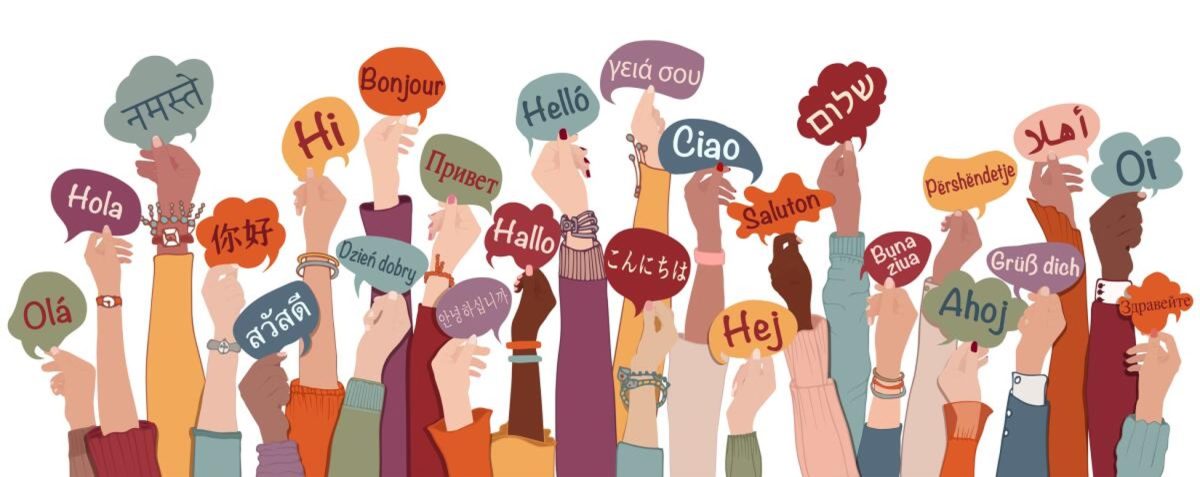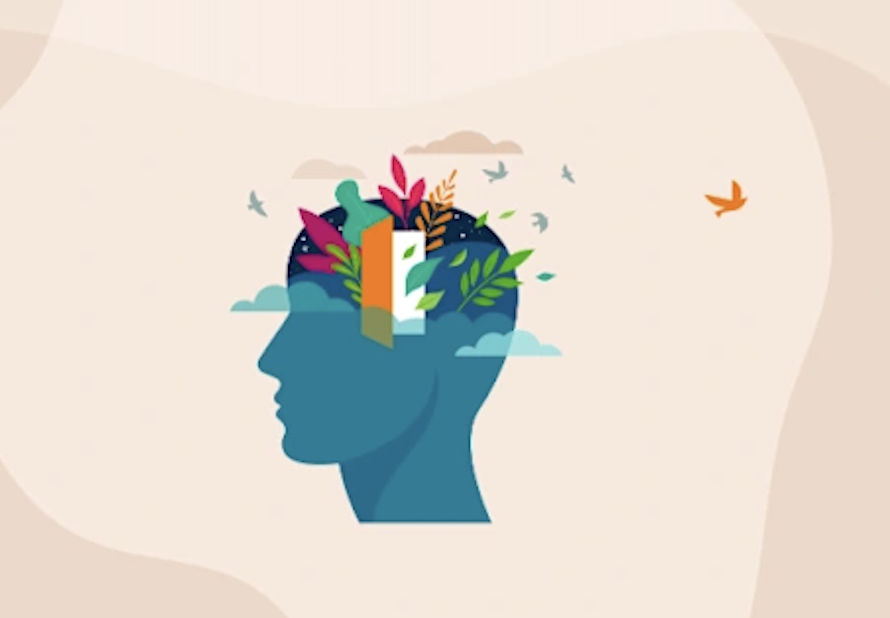Our world is a rich tapestry of cultures, and the languages we speak are the threads that weave it together. Being able to communicate in multiple languages is not just about words; it’s about gaining unique perspectives and broadening our consciousness. In this article, we’ll explore how knowing several languages affect our understanding of the world around us.
Unlocking New Perspectives
When we learn a new language, we aren’t just memorizing words; we’re entering a new world of culture, history, and thought. Each language carries with it a unique way of expressing ideas and emotions. By speaking multiple languages, we gain access to different worldviews and ways of thinking. This expands our consciousness and allows us to see the world through various lenses.
Enhancing Empathy
Languages are not just tools for communication; they are bridges that connect us to people from different backgrounds. When we speak another person’s language, we show respect for their culture and a willingness to understand their perspective. This fosters empathy and a deeper connection with individuals from diverse backgrounds, making us more open-minded and compassionate.
Cultural Enrichment
Language and culture are inseparable. Learning a new language opens the door to literature, music, art, and traditions that we might otherwise miss. It allows us to connect more profoundly with the people and customs of a particular culture. By embracing these cultural nuances, our understanding of the world becomes richer and more multifaceted.
Problem-Solving and Flexibility
Multilingual individuals often excel in problem-solving and adaptability. Learning different languages requires mastering complex structures and rules. This mental agility translates into improved cognitive skills that can be applied to various aspects of life, including academic and professional challenges.
Global Perspective
In an increasingly interconnected world, knowing multiple languages is a valuable asset. It allows us to engage more effectively in international dialogues, navigate diverse environments, and participate in global discussions. Multilingualism empowers us to be global citizens with a broader understanding of the complexities of our planet.
In conclusion, being multilingual is not just about speaking different languages; it’s about embracing diverse perspectives, fostering empathy, and enriching our understanding of the world. In a world that values global awareness and cultural competence, the multilingual mind is a powerful tool for personal growth and positive change.
Sources and Recommended Reading:
https://we-japan.com/japanese-language/learning-new-languages-opens-new-perspectives-on-the-world/
https://osf.io/preprints/inarxiv/nw94m/download
https://toppandigital.com/translation-blog/culture-important-language-learning/















